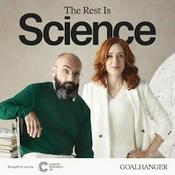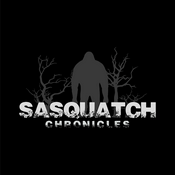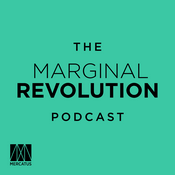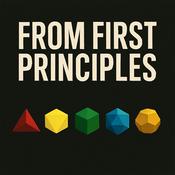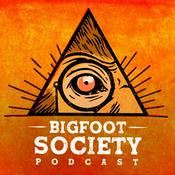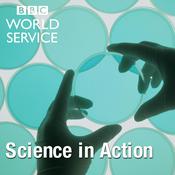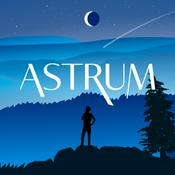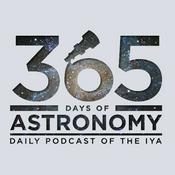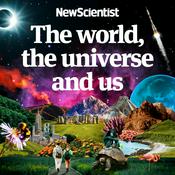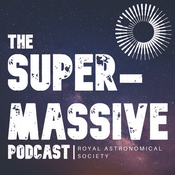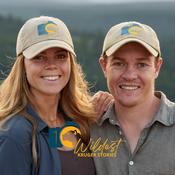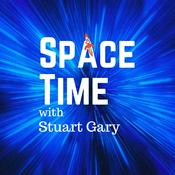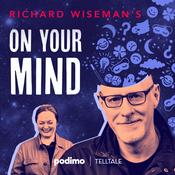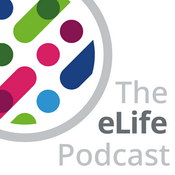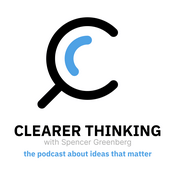39 episodes

Why the U.S. Needs a New National Water Strategy with Dr. Newsha Ajami and Dr. Martin Doyle (Part 2)
2025/12/02 | 40 mins.
In the second half of John Sabo’s conversation with Dr. Newsha Ajami and Dr. Martin Doyle, the discussion shifts from the 1951 national water plan to what a modern national water strategy needs to address. Together, they explore the economic value of water, the scale and structure of governance, rural water challenges, and why innovation in governance and finance, and not just technology, is essential for the decades ahead. This is a public episode. If you would like to discuss this with other subscribers or get access to bonus episodes, visit audaciouswater.substack.com

Why the U.S. Needs a New National Water Strategy with Dr. Newsha Ajami and Dr. Martin Doyle (Part 1)
2025/11/18 | 31 mins.
It’s been 75 years since the United States released its first and only national water strategy. In this episode, John talks with Dr. Newsha Ajami of Lawrence Berkeley National Lab and Dr. Martin Doyle of Duke University about why that original plan mattered, what it accomplished, and why today’s challenges call for a new approach. They explore the historical context of the 1951 plan, the issues it identified that remain relevant today, and how political boundaries, fragmented agencies, and modern pressures like groundwater depletion and climate change make a new national strategy essential. This is a public episode. If you would like to discuss this with other subscribers or get access to bonus episodes, visit audaciouswater.substack.com

Season 5 Trailer: Rethinking Water for the Next 75 Years
2025/11/05 | 1 mins.
In Season 5 of Audacious Water, host John Sabo asks: Why doesn’t the United States have a modern national water strategy? What would a new one look like?It’s been 75 years since we last had a written plan for managing water. Since then, the planet has warmed, our infrastructure has aged, and the challenges of flood, drought, and equity have grown.Join John and guest experts as they explore what it will take to build a strategy for the next 75 years – one that connects water and climate and supports every community, from cities to rural towns.A new season of Audacious Water begins soon. This is a public episode. If you would like to discuss this with other subscribers or get access to bonus episodes, visit audaciouswater.substack.com

The Five Transformations, and What Gives Me Hope
2025/5/27 | 20 mins.
In this special bonus episode, John Sabo looks back at the conversations with leading experts in Season 4. Each guest joined him to explore one of the five transformations reshaping the Mississippi River Basin, making it hotter, drier, stormier, saltier, and sicker.He revisits what gave them hope, from grassroots innovation to bold new infrastructure ideas, and highlights how adaptation is already happening in cities across the country. These conversations and the ideas within them offer even more hope for the future of the heartland. This is a public episode. If you would like to discuss this with other subscribers or get access to bonus episodes, visit audaciouswater.substack.com

Mary Hayden: Water, Risk, and the Human Side of Vector-Borne Disease
2025/4/08 | 29 mins.
Dr. Mary Hayden, a medical anthropologist and Research Professor with the Lyda Hill Institute for Human Resilience at the University of Colorado in Colorado Springs, joins John to explore how human behavior and water insecurity are reshaping the spread of mosquito-borne disease. With fieldwork spanning the U.S. and Latin America, Mary shares how climate change is expanding disease risk into new regions – and why public health strategies must go beyond spraying to include education, trust, and community action. This is a public episode. If you would like to discuss this with other subscribers or get access to bonus episodes, visit audaciouswater.substack.com
More Science podcasts
Trending Science podcasts
About Audacious Water with John Sabo
Listen to Audacious Water with John Sabo, Radiolab and many other podcasts from around the world with the radio.net app

Get the free radio.net app
- Stations and podcasts to bookmark
- Stream via Wi-Fi or Bluetooth
- Supports Carplay & Android Auto
- Many other app features
Get the free radio.net app
- Stations and podcasts to bookmark
- Stream via Wi-Fi or Bluetooth
- Supports Carplay & Android Auto
- Many other app features


Audacious Water with John Sabo
download the app,
start listening.







